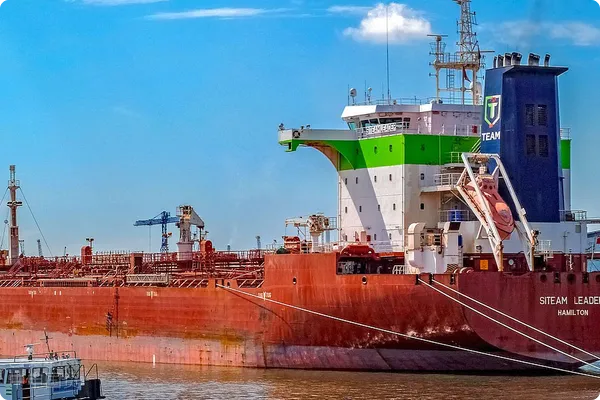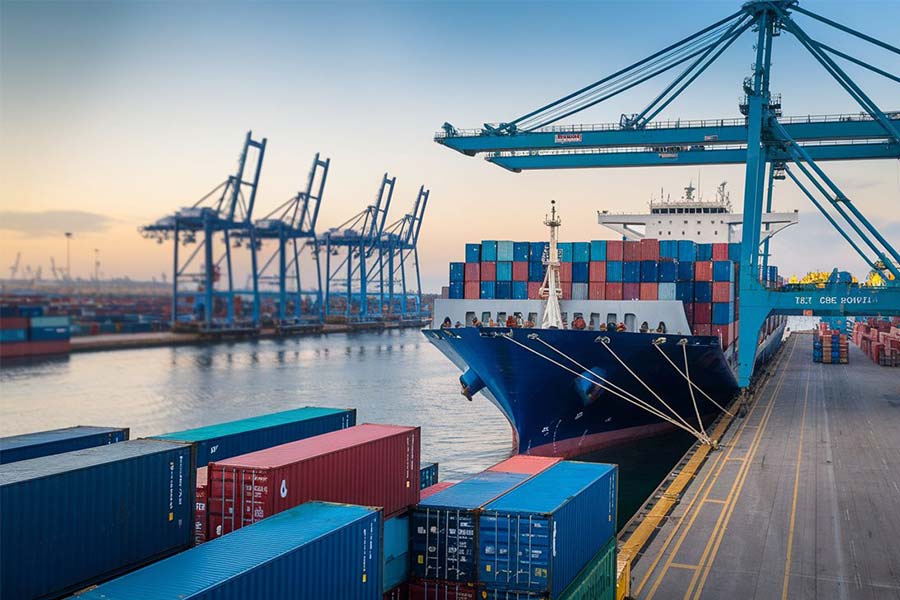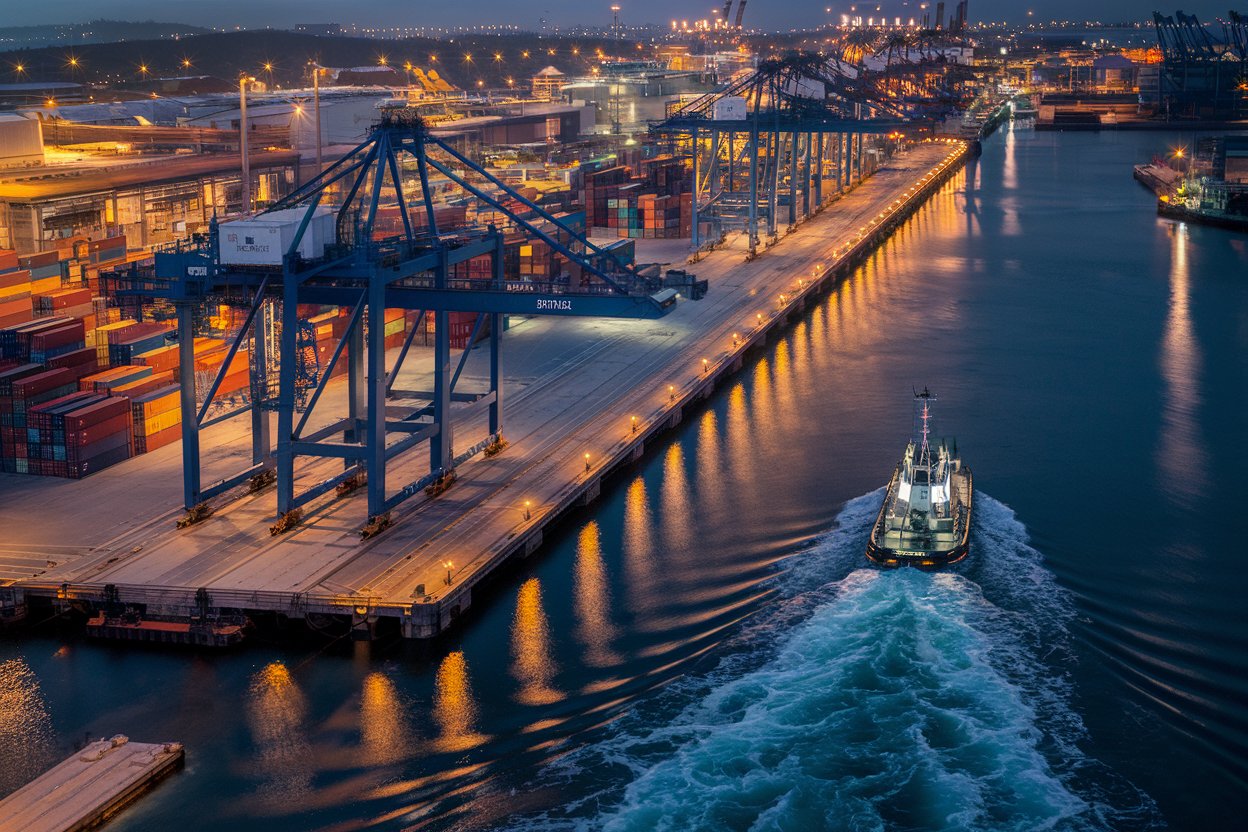- Shanghai Zhongshen International Trade Co., Ltd. - Two decades of trade agency expertise.
- Service Hotline: 139 1787 2118

Contents
ToggleCurrent industry status of electromechanical equipment agency brand selection
In 2025, the global electromechanicalEquipment ImportsThe market shows significant regional divergence,Southeast Asian infrastructure markethas seen 37% growth in equipment demand, while the European market undergoes structural adjustments due to energy transition. In this context, agency brand selection directly impacts corporate capital turnover efficiency:
- Premium brands reduce average customs clearance time by 5-7 working days
- Standardized authorization documents can lower customs inspection rates by 30%
- Complete after-sales systems reduce 15% of port detention costs
Four golden criteria for brand selection
Based on twenty years of customs clearance data, prioritize the following dimensions:
- Manufacturer qualifications
- ISO 9001/14001 certification validity
- Years registered with export country chamber of commerce (recommended ≥8 years)
- Market compatibility
- Whether product specifications comply with target market mandatory certifications
- Power parameter compatibility with domestic power grids
- Reasonableness of agency terms
- Capital occupation calculation for minimum purchase quantities
- Effective scope of exclusive regional protection clauses
- After-sales service capability
- Localized technical team response time
- Rationality of spare parts warehouse layout
Practical process for obtaining agency rights
Case studies show standardized processes can increase negotiation success rate by 60%:
- Phase 1: Market research (4-6 weeks)
- Collect target brands customs penalty records from the past 3 years
- Verify authenticity of CE/FCC and other certification documents
- Phase 2: Business negotiations (2-3 rounds)
- Clarify payment terms and exchange rate fluctuation sharing mechanism
- Negotiate technical adaptation clauses for special working conditions
- Phase 3: Agreement execution
- Establish dual inspection mechanism (pre-shipment + pre-arrival)
- Agree on third-party testing institutions for quality disputes
Three lines of defense for risk avoidance
Agents in 2025 need special attention to:
- : Legal risk refers to the risk that the agent suffers losses due to legal issues such as contract disputes and intellectual property disputes. The agent should strengthen the study of laws and regulations, abide by laws and regulations, and avoid legal risks.: Check export restriction list update frequency (recommended weekly)
- : Market risk refers to the risk that the agent cannot achieve the expected revenue due to market changes. The agent should pay close attention to market changes, adjust the business strategy in a timely manner, and reduce market risks.: Establish dynamic pricing model to cope with raw material fluctuations
- Inventory risk: Monitor key component turnover rate (recommended ≤90 days)
Classic case analysis
Case 1: Japanese CNC equipment agency
An agent discovered through Mitsubishi Heavy Industries certification system reverse verification that a certain models spindle motor hadnt updated JIS B standard, successfully negotiating 12% clause revision compensation.
Case 2: German packaging machinery agency
Pre-audit of TüV certification documents revealed electrical cabinet protection level didnt comply with GB standard, enabling early technical rectification and avoiding 3.8 million yuan equipment return risk.
Choosing professional agency partners essentially builds a risk-controlled supply chain system. With RCEP agreements deepening implementation in 2025, mastering scientific brand evaluation methods will become core competitiveness for mechanical/electrical import enterprises.
Related Recommendations
? 2025. All Rights Reserved. Shanghai ICP No. 2023007705-2  PSB Record: Shanghai No.31011502009912
PSB Record: Shanghai No.31011502009912










